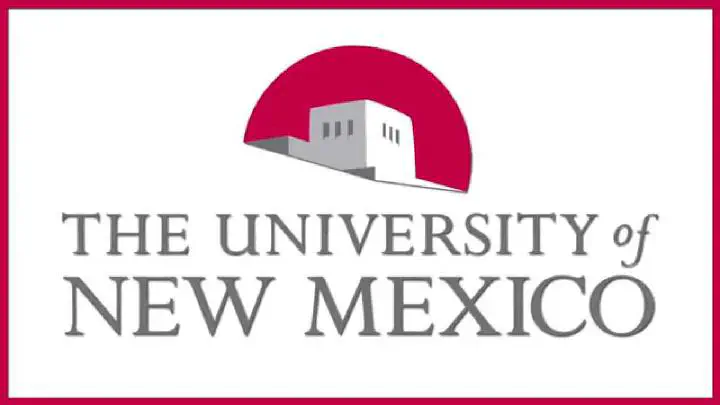Richard Stallman, Founder of GNU Project, to Give Speech at UNM

Noted scientist Richard Stallman will be the featured speaker at a seminar hosted by the University of New Mexico School of Engineering (SOE) Wednesday, Oct. 8, in the Student Union Building, Ballroom B, at 3 p.m. Stallman’s speech is titled, “Copyright vs. Community in the Age of Computer Networks.”
Stallman is the founder of the GNU Project, which was launched in 1984, to develop the free operating system GNU, which gives computer users the freedom that most have lost. GNU is free software: meaning everyone is free to copy it and redistribute it and can make changes either large or small.
Today, Linux-based variants of the GNU system, based on the kernel Linux developed by Linus Torvalds, are in widespread use. There are an estimated 20 million users of GNU/Linux systems worldwide.
Stallman, who was elected to the National Academy of Engineering in 2002, is the principal author of the GNU Compiler Collection, a portable optimizing compiler that was designed to support diverse architectures and multiple languages. It now supports more than 30 architectures and seven programming languages. He also wrote the GNU symbolic debugger, GNU Emacs and various other GNU programs.
“Arguably, Richard Stallman has had the single most important impact in computer software development in history due to his writing of the first portable editors, compilers and debuggers that are de facto standards today,” said David A. Bader, associate professor and Regents’ Lecturer, Electrical and UNM Computer Engineering, with a joint appointment in Computer Science.
Stallman has received many accolades including the Grace Hopper award from the Association for Computer Machinery in 1991 for development of the first Emacs editors. In 1990, he was awarded a MacArthur Foundation fellowship and in 1998 he received the Electronic Frontier Foundation’s pioneer award along with Torvalds.
The seminar is hosted by the UNM Laboratory for High Performance Algorithm Engineering and Computational Molecular Biology, Computer Science, Electrical and Computer Engineering Departments, CIRT and the SOE. Admission is free and open to the public. Refreshments will be served.